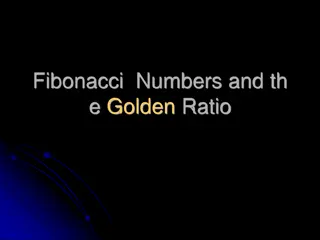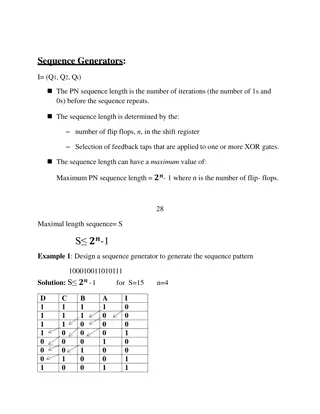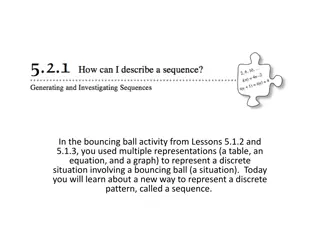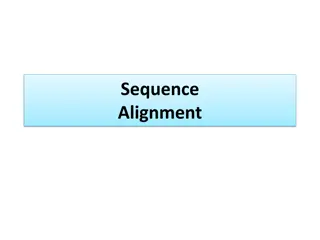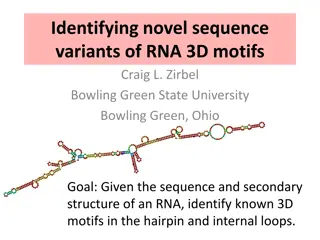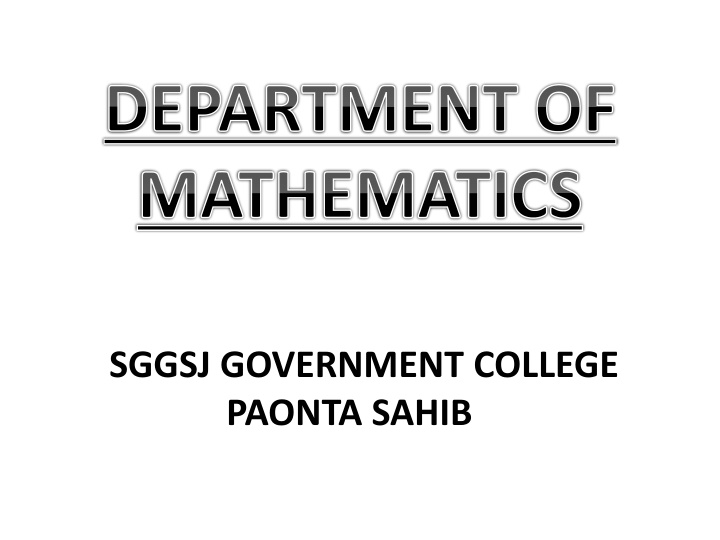
Understanding Real Analysis: Cauchy Sequences and Convergence
Dive into the world of Real Analysis with a focus on Cauchy sequences and convergence. Learn the definitions, properties, and examples to grasp the fundamental concepts in mathematics that form the basis of advanced analysis.
Download Presentation

Please find below an Image/Link to download the presentation.
The content on the website is provided AS IS for your information and personal use only. It may not be sold, licensed, or shared on other websites without obtaining consent from the author. If you encounter any issues during the download, it is possible that the publisher has removed the file from their server.
You are allowed to download the files provided on this website for personal or commercial use, subject to the condition that they are used lawfully. All files are the property of their respective owners.
The content on the website is provided AS IS for your information and personal use only. It may not be sold, licensed, or shared on other websites without obtaining consent from the author.
E N D
Presentation Transcript
DEPARTMENT OF MATHEMATICS SGGSJ GOVERNMENT COLLEGE PAONTA SAHIB
COURSE NAME : REAL ANALYSIS COURSE CODE : 201TH
CONTENTS Cauchy Sequence A Cauchy sequence is bounded Convergence of a Cauchy Sequence A convergent sequence is always a Cauchy sequence Example based on Cauchy sequence
Cauchy Sequence A sequence {xn } is said to be a Cauchy sequence if given >0, however small ,there exist a positive integer k (depending upon ) such that |xn xm| < n,m >k Another Def. A sequence {xn } is said to be a Cauchy sequence if given >0,however small, a positive integer m (depending upon ) such that , |xn+p xn| < n m and p N.
A CAUCHY SEQUENCE IS BOUNDED Let {xn} be Cauchy sequence. given >0, there exist a positive integer p such that |xn-xm|< n,m p (1) In particular, |xn-xm|< n p ...(2) Now, |xn| = |(xn-xp)+ xp| |xn-xm| + |xp| < + |xp| n p [ of (2) ] |xp| < + |xp| n p Let M = max. { |x1|,|x2|, .|xp-1|, +|xp| } {xn} is bounded.
Convergence of Cauchy sequence Let {xn} be a Cauchy sequence . given >0, there exist a positive integer p such that |xn-xm|< n,m p (1) In particular, |xn-xm|< n p ...(2) Now, |xn| = |(xn-xp)+ xp| |xn-xm| + |xp| < + |xp| n p [ of (2) ] |xp| < + |xp| n p Let M = max. { |x1|,|x2|, .|xp-1|, +|xp| } {xn} is bounded.
by Bolzano-Weistrass Theorem, {xn} has a convergent subsequence {xnk} . Let {xnk} be convergent to l. We shall prove tha {xnk } also converges to l. Since xnk l given >0, a positive integer p ,s.t |xnk- l | < k p (3) for n p, nk np p , from (1), we have , |xn- xnk| < /2 | xn-l| (xn- xnk) + ( xnk - l < /2 + /2 n p [ of (3),(4) ] (4)
= np | xn l | < n p { xn} is convergent .
A Convergent sequence is always a Cauchy sequence Let the sequence {xn} converges to l given >0,however small, k N, s.t. | xn- l | < n p (1) Let m k be a natural number . |xm-l| < /2 Now |xn-xm| = | (xn-l)+ (l- xm) | |(xn-l)|+ |(l- xm)|
= |xn - l| + |xm - l| < + |xn - xm| < n,m k {xn} is a Cauchy sequence.
EXAMPLE : Prove that the following sequences are not Caunchy sequences : (i) {(-1)n } (ii) {(-1)n n} (iii) {n2} SOLUTION: (i) Here xn= (-1)n x2n=(-1)2n = 1 , x2n+1=(-1)2n+1 = -1 Let = 1 Now |x2n+1 x2n|= |-1-1|= |-2|= 2>1 = n {xn} is not a Cauchy sequence.
(ii) Here xn=(-1)n n x2n= (-1)2n(2n) = 2n , x2n+1= (-1)2n+1(2n+1) = -(2n+1) Let =1 Now |x2n+1- x2n|= |-(4n+1) |= 4n+1 >1 = n {xn} is not a convergent sequence. (iii) Here xn = n2 , xn+1= (n+1)2 = n2+2n+1 Let =1 |x x | = |n2+2n+1- n2| = |2n+1|=2n+1 > 1 = n {xn} is not a Cauchy sequence.



